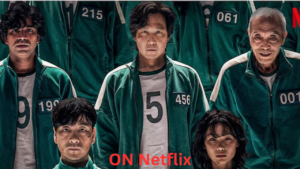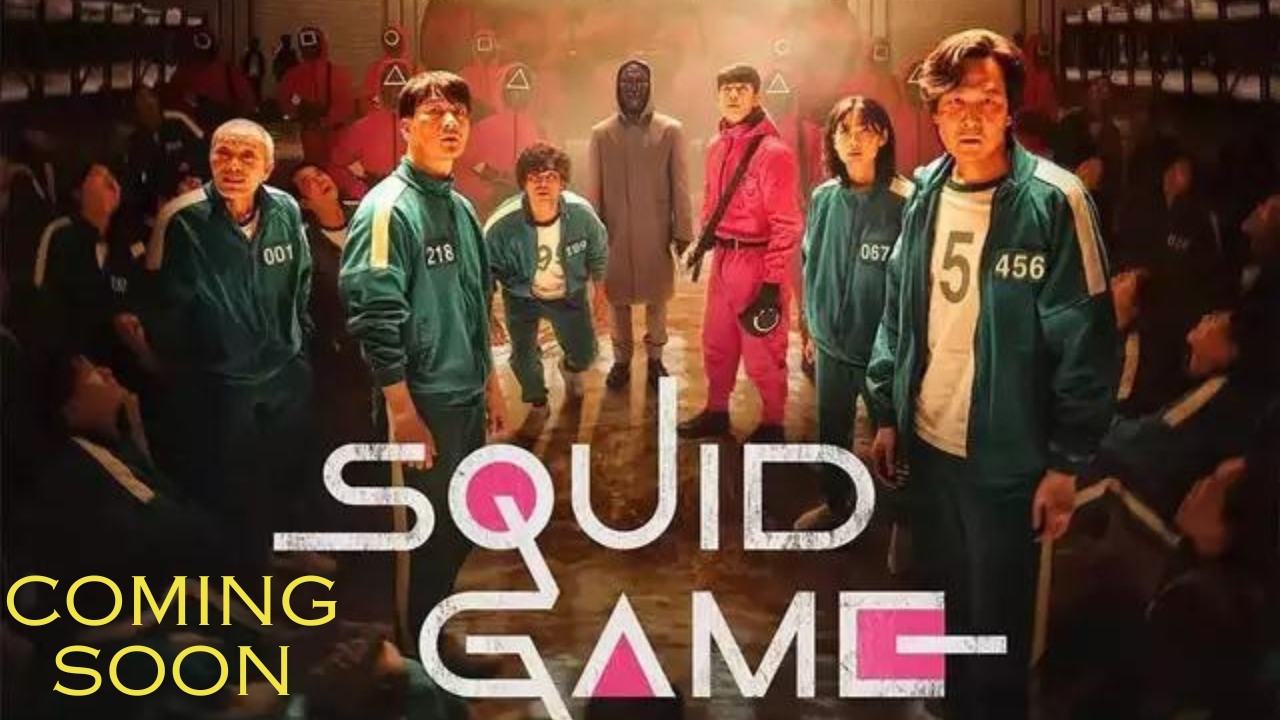Despite occasional lapses in narrative coherence, the characters Squid Game themselves remain the linchpin of the series. The protagonist, Seong Gi-hun, portrayed with poignant depth by Lee Jung-jae, embodies the struggles of the common man thrust into an unfathomable situation. His evolution from a desperate gambler to a reluctant leader navigating through moral quandaries echoes the universal human experience of confronting one’s morality when faced with dire circumstances. The ensemble cast, each with their distinct motivations and vulnerabilities, adds layers of complexity and intrigue to the overarching storyline.
Moreover, the underlying social commentary embedded within the Squid Game series serves as a reflective mirror to the real world. It sheds light on the dark underbelly of societal inequalities, shedding a harsh light on economic disparity and the dehumanizing effects of poverty. The desperation that drives individuals to risk their lives for a chance at financial redemption mirrors the harsh realities faced by many in contemporary society, making the show’s themes alarmingly relevant and thought-provoking.
The Squid Game show’s divergence from a straightforward narrative structure may not resonate with all viewers. Some might find the pacing erratic or the subplots distracting, impacting the overall cohesion of the storyline. However, this unconventional approach arguably mirrors the chaotic and unpredictable nature of the characters’ lives within the game. It adds an element of unpredictability and tension that keeps audiences on the edge, mirroring the characters’ own uncertainty about their fates.
In essence, “Squid Game: The Challenge” stands as a testament to daring storytelling and unflinching creativity. Its ability to weave a harrowing tale of survival while maintaining a visually arresting and thematically rich narrative is a testament to its artistic prowess. While its plot may occasionally waver, its dystopian resonance and profound exploration of human nature cement its status as a cultural phenomenon, leaving an indelible mark on the landscape of modern television.
In conclusion, “Squid Game: The Challenge” may lose its plot’s grip at times, but its commitment to portraying a dystopian world with sleek design and intricate thematic depth remains unwavering. Its unique content, though subject to occasional narrative inconsistencies, invites viewers into a thought-provoking exploration of societal issues and the human condition amidst adversity. The series emerges not just as entertainment but as a mirror reflecting the complexities and vulnerabilities of our society, leaving an enduring impact on those who dare to delve into its unsettling yet captivating realm.


